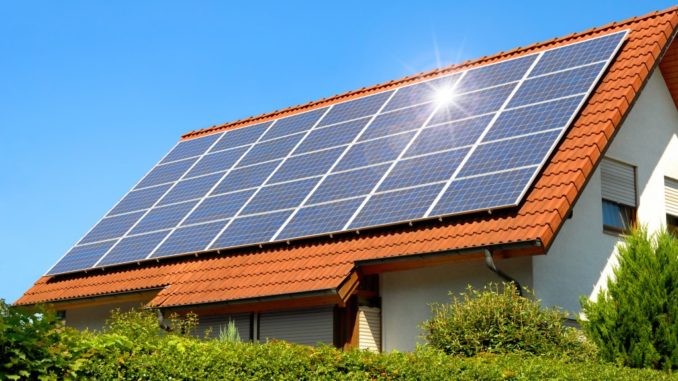
The Green New Deal proposed by Representative Alexandria Ocasio-Cortez — and backed by the Democratic party — aims high and means well. Lowering carbon emissions, switching to clean energy, and ultimately “saving” the earth is a lofty but admirable goal. However, massive changes that would affect the nation should never be dictated by the government.
Harnessing the Free Market
Elon Musk, the founder of the innovative company Tesla and several others, once said that the needs of the U.S. could be met by covering a corner of Nevada or Utah with solar panels. However, initiatives like this should be led by commercial solar companies and not by government legislation. Americans will not be happy with sharp rises in electricity because of forced changes or legislation that affect what they eat or what cars they can use. The free market, not the government, dictates changes. If advances in technology create a better product without being overwhelmingly expensive, people will switch. You might still remember Betamax, cassette tapes, and floppy discs — all gone. The smartphone that has become ingrained in current society, that’s the free market dictating change by providing a superior product. Free markets drive competition and innovation — creating better products and lowering prices. On the other hand, government control leads to stagnation and over-pricing.

The Silence on Nuclear Energy
Any serious proposal to reduce carbon emissions needs to include nuclear energy. Nuclear energy produces zero carbon emissions and is one of the most efficient ways to create clean energy. Electricity from renewables needs regular fossil-fuel backups to remain at constant levels. Solar panels can entirely power a single house during the day, but it still relies on the grid at night. Nuclear energy has no such restrictions. It operates on its own, and no outside forces can affect its power production. Advances in technology have made nuclear plants safer, eliminating the risks of meltdowns and other potential problems. Nuclear waste, the boogeyman of most nuclear fear-mongers, can now be safely stored and disposed of with absolutely no threat of residual contamination. Renewable energy like solar and wind can work for individual houses or small-scale operations. However, nuclear power is the only clean energy solution in the U.S. that can handle the demands of whole cities and the various industries.
Achievable Goals
Getting rid of cars, planes, and cows isn’t a realistic proposal; Americans will not give up their cars, their travels, or their steaks. It’s better to put government money to further research into alternative energy, including nuclear. Providing incentives to clean energy companies and their customers can expand the individual use of clean energy and put less pressure on the existing grid. The government should facilitate but never dictate. The government’s goal should be to advance existing technologies, and one way to do that is letting the free market do its thing.
The Green New Deal aims high but uses the wrong method. Authoritarian governments don’t foster change. Instead, they lead to stagnation. Change must be dictated by the free market and the will of the citizenry.
